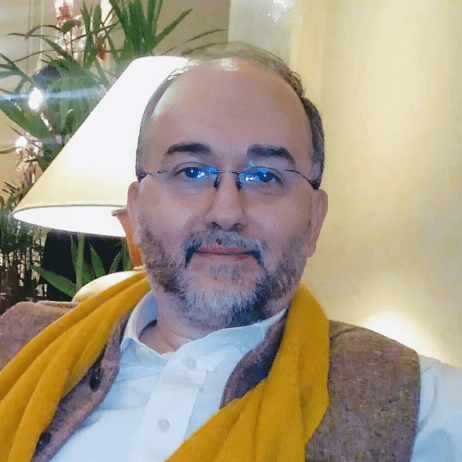In fulfillment of NCCMR’s commitment to strengthen cross-cultural literacy, we invite world experts, religious leaders, distinguished scholars, and community members from both the Muslim and Christian faiths to speak on the subject of Christian-Muslim Relations. The aim of the webinars is to spread knowledge across the Network, its immediate circles, and the greater public. We seek to challenge misconceptions between the faiths, identify shared values, and explore constructive ways for Christians and Muslims to work collaboratively towards the common good.
Our webinars focus on themes like peacebuilding, conflict resolution and reframing conflict, diversity, pluralism, coexistence, and the history and future of Christian-Muslim relations.



